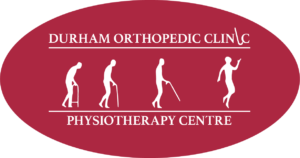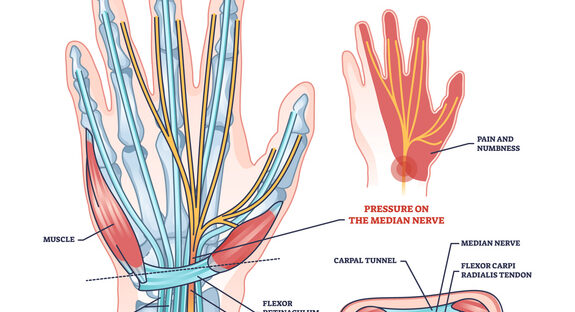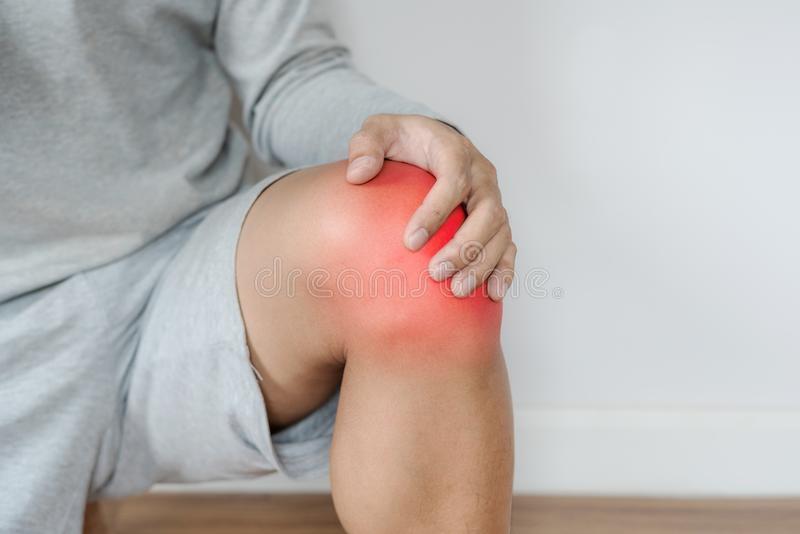Carpal Tunnel Syndrome (CTS) is a common condition that affects millions of people worldwide. It occurs when the median nerve, which runs through the wrist, becomes compressed. This can lead to symptoms like pain, numbness, tingling, and weakness in the hand and fingers. Fortunately, physiotherapy offers effective, non-invasive treatments to alleviate these symptoms and restore hand function.
What Is Carpal Tunnel Syndrome?
The carpal tunnel is a narrow passage in the wrist surrounded by bones and ligaments. When the median nerve passing through this tunnel is compressed, it can lead to;
- Pain: Especially in the wrist and palm.
- Tingling or Numbness: Often in the thumb, index, and middle fingers.
- Weakness: Making it difficult to grip objects.
Common causes include repetitive hand movements, wrist injuries, or conditions like arthritis and diabetes.
How Physiotherapy Can Help with Carpal Tunnel Syndrome
Physiotherapy is a highly effective, drug free option for managing carpal tunnel syndrome. Here’s how it works;
1. Nerve Gliding Exercises
These gentle exercises help improve the mobility of the median nerve within the carpal tunnel, reducing pressure and alleviating symptoms.
2. Stretching and Strengthening Exercises
Stretching the wrist and forearm muscles can relieve tension, while strengthening exercises can improve grip strength and overall hand function.
3. Manual Therapy
Techniques like soft tissue massage and joint mobilization can reduce inflammation and improve wrist mobility.
4. Ultrasound Therapy
This non-invasive treatment uses sound waves to promote healing and reduce pain and inflammation in the wrist.
5. Ergonomic Advice
A physiotherapist can provide guidance on proper posture, wrist positioning, and workstation setup to prevent further strain.
6. Wrist Splinting
Wearing a wrist splint, especially at night, helps keep the wrist in a neutral position, reducing pressure on the median nerve.
Benefits of Physiotherapy for Carpal Tunnel Syndrome
- Non-Invasive Treatment: Avoid surgery and medication with a natural approach.
- Pain Relief: Target the root cause of discomfort.
- Improved Mobility: Regain full use of your hand and wrist.
- Prevent Recurrence: Learn techniques to prevent future flare ups.
When to See a Physiotherapist
If you’re experiencing any symptoms of carpal tunnel syndrome, such as persistent hand pain or tingling, it’s time to seek professional help. Early intervention can prevent the condition from worsening and potentially avoid the need for surgical treatment.
Visit Our Physiotherapy Clinic for Carpal Tunnel Treatment
At Durham Orthopedic & Sports Injury Clinic, our experienced physiotherapists specialize in treating carpal tunnel syndrome. We’ll create a personalized treatment plan tailored to your needs, helping you achieve pain relief and restore hand function.
Don’t let carpal tunnel syndrome hold you back. Contact us and start your road to recovery today!








